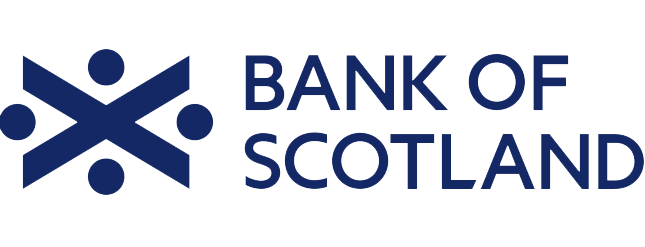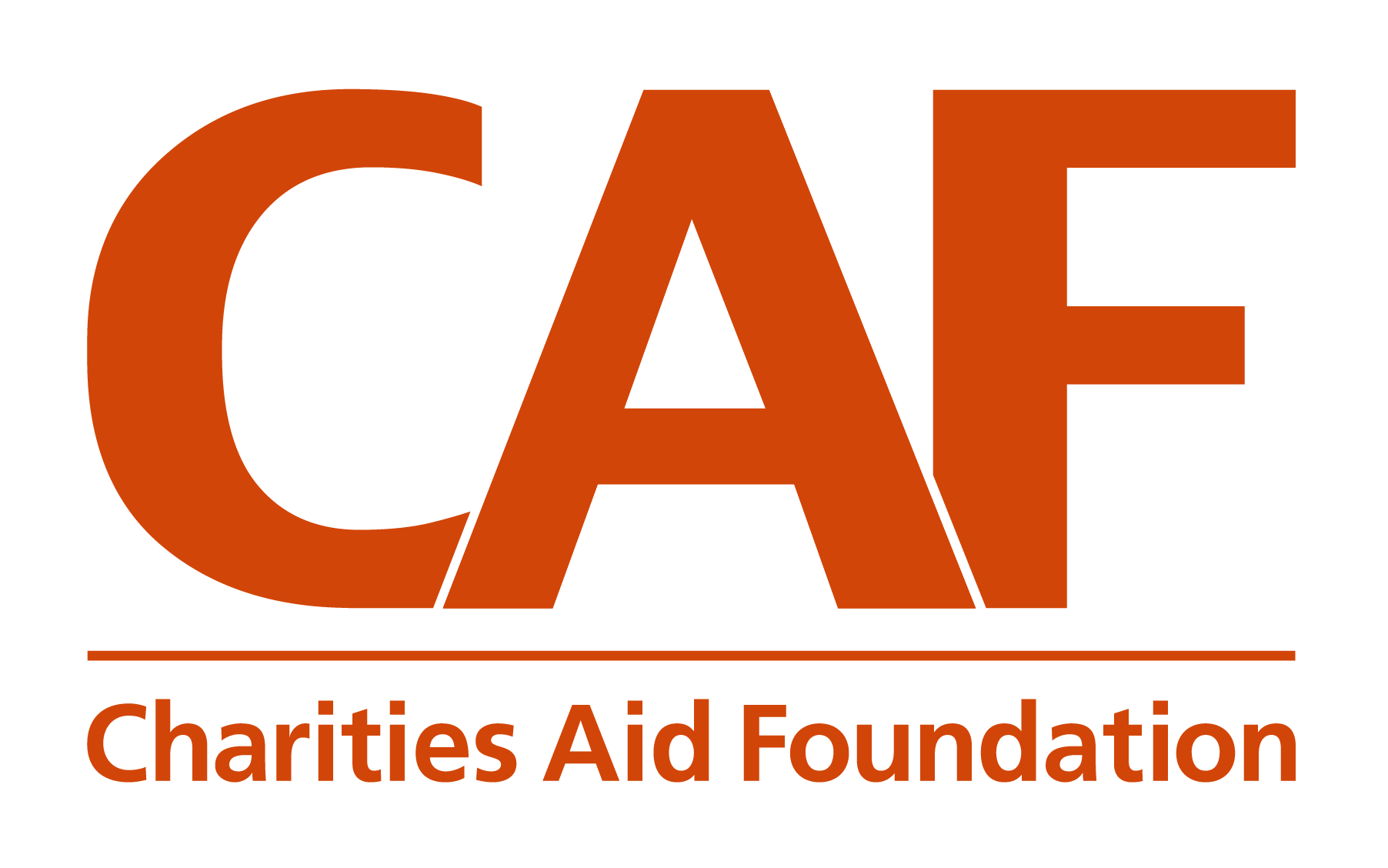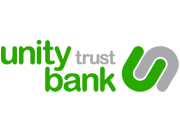Bank account comparison table
Which is the best bank account for your charity?
Many banks offer special current accounts for voluntary organisations and charities, and most give free banking if the account is in credit.
Conditions and benefits vary, and can change over time, so check directly with the bank you're considering opening an account with. We have highlighted the main features of current accounts from institutions that have strong links to the voluntary sector, or who have a presence in Scotland in this bank account comparison table.
Bank of Scotland
Charity Account
For registered charities and registered societies, including Friendly Societies if no more than £250,000 will get paid in every 12 months, across this and any other Charity Account held by the organisation.
'All trustees listed on Charities Commission or on the governing documents in Scotland need to be applied to the bank account as a Key Account Person. This is to make sure we meet our regulatory and legal requirements when onboarding and maintaining a relationship. The Entity name must match Charity Commission register. There is a limit of 12 Key Account People if you’re applying for a Charity Account and are new to Lloyds.'
- Free online and day-to-day banking services when in credit
- Access to high street branch network
- Account management online or by phone
- Online banking with dual & triple authorisation
Community Account
For clubs or societies that benefit the local or wider community but are not registered charities, and organisations that don’t operate for the personal benefit of members, shareholders or for the generation or distribution of profit, if no more than £250,000 will get paid into this account every 12 months.
- Monthly account fee £4.25
The above information also applies to Lloyds Bank in Scotland.
Charities Aid Foundation Bank
Organisations must be charities and/or organisations that have a social purpose, and not operate for the benefit of shareholders.
CAF Cash Account
- Deposit cash and cheques at the Post Office, RBS and HSBC branches.
- No minimum deposit required and no turnover limitations
- UK-based call centre with specialist staff
- Online banking with dual authorisation
- Pays interest
- £5 monthly fee
Co-operative Bank
For registered charities, community interest companies, co-operatives and credit unions.
Community Directplus
- Free online and day-to-day banking services when in credit
- Access to high street branch network and at Post Office branches
- Account management online, by phone or by post
- Can apply for funding for up to £1,000 from the Customer Donation Fund
- Can have up to four signatories for the account
HSBC
Charitable Bank Account
For charities and not-for-profit organisations with a charitable purpose.
- Free online and day-to day banking services when in credit
- Online banking with dual control
- For organisations with a credit turnover of £6.5m or less
- Support and guidance on running and financing your organisation
Reliance Bank
Part of The Salvation Army, all profits made by the Bank go to support its ongoing work.
Business and Charity Current Account
(for charities with a turnover below £500,000)
- Access to high street branch network - RBS
- Account management online and by telephone with dual authorisation
- Visa debit card with fees
- £7.50 monthly fee
Royal Bank of Scotland
Community Account
For charities, clubs and societies. To open a Community bank account all personal details of members or directors are needed. Can only apply if one of the parties named in the application has an existing RBS account/mortgage, and organisational turnover is below £100,000.
- Free online and day-to-day banking services
- Access to high street branch network
- Account management online and by phone
- Access to free online accounting software
Unity Trust Bank
Business Current Account
- Online banking with single, dual or triple authorisation
- Minimum deposit required - £50
- Pay in cash and cheques at RBS and NatWest, and cash only at the Post Office
- Differing accounts depending on annual turnover
- Fees from £6 a month
Virgin Money
Charities Choice Account
For registered charities. There is also a Clubs & Societies Current Account available.
- Access to high street branch network and at Post Office branches
- Free day-to-day banking if annual turnover less than £1 million
- Cash back on debit card transactions
- Multiple charity savings accounts available
All information featured above collated by the Scottish Council for Voluntary Organisations. Information correct as of September 2025.
As well as providing practical information, we're also using our policy influence to make sure that the voluntary sector has access to the bank accounts and services we need. Find out more about the work we're doing on access to banking.









